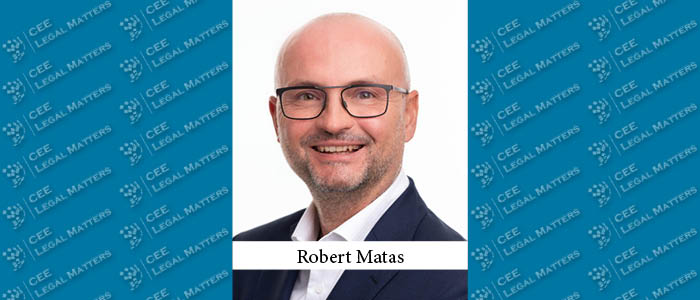The process of selecting external counsels is quite a challenge to management of an-house legal department and poses unavoidable risks. It has an important effect on the department’s relations with its internal clients and with executive management team members. It is a pity that in some cases this picture may be explained as “The cobbler’s children have no shoes.” The risks inherent in selecting external counsel may in the worst case trigger the chief legal counsel’s professional liability and even directors and officer’s liability when not managed and regulated properly. Accordingly, it is essential to review the specific terms to be applied while selecting the External Counsels (ECs). It is essential to perform conflict checks, review the EC’s market expertise, and analyze the EC’s relation with public authorities when selecting an EC, as is setting out key performance indicators in legal services agreements.
To ensure consistency in law firm relationships and to implement best practices with invoice submission and payments there should be a written process and guidelines for General Counsels (GCs) when selecting External Counsels. The most common and necessary criteria may be summarized as: conflict of interest, confidentiality, and neutrality.
Professional experience and market expertise are always keys to identifying the best option for our companies, with price on the other pan of the scale.
A very specific and simple legal services agreement covering Key Performance Indicators and specific expectations from the EC is another key point which might be a challenge. External Counsel may propose their own terms, which they have created. However, they need to be flexible and these terms should be designed according to their clients’ needs, and more importantly, provide confidence to GCs that they will obtain the best results. Communication and reporting should also be regulated and cannot be left to the normal course of business when designing the relationship. Designating a relationship partner to take responsibility for overseeing the adherence to these guidelines and designating a member of the legal department as our relationship manager with the EC has been quite useful and is recommended.
Conflicts
Large, diversified corporations consisting of many operating companies which do or have done business at multiple locations/business lines under separate and distinct names may incur different kinds of conflict of interest risks. They may be working with the same EC’s as opposing parties and this may not be seen from the surface. A preliminary conflict check is highly recommended in this context, and where any conflict arises, it must be promptly brought to the attention of the legal department.
A common issue that we have experienced in selecting external counsel in developing countries is seeing them attempt to win clients by exploiting relationships with executive management team members whom they know socially. This can generate a big and serious conflict of interest problem, in part by weakening the General Counsel’s position and his/her relation with outside counsels. Thus it is essential to review the existing relations periodically for compliance purposes.
Evaluating Performance
From time to time hours which have been charged by an EC may not be reasonable or may be higher than expected. In addition more than one counsel may be working on the same file and double/triple charging may occur, which demotivates our relationship. Your file may be your most important project – but this may not be the same for the EC who is serving for several clients, and you may be served memos or legal opinions prepared by junior counsels – and this also harms the relationship. Therefore it is essential to keep an eye on the content of work being done and legal costs and to inform the EC of any unexpected costs or other sources of disappointment. Hence we know they are always keen on finding solutions.
No Need to Be Too Conservative
GCs and legal departments should also review their substantive legal practices and operational needs and consider whether some of the work they have been outsourcing to ECs can be performed by lower-skilled internal resources. Billing arrangements and frequency, time-recording details should also be agreed in the agreement to avoid additional costs and legal budgeting purposes. There may be variable billing strategies available and putting gaps may also be helpful in managing costs.
We Are In the Same Boat
EC’s are by all means our business partners. We should also treat them, through supportive actions, such that “we are all in this together.” This will result in improved responsiveness, easier issue and deal negotiation, risk sharing, and co-investment, and this will empower GCs and the legal function’s position.
This Article was originally published in Issue 4.4 of the CEE Legal Matters Magazine. If you would like to receive a hard copy of the magazine, you can subscribe here.































